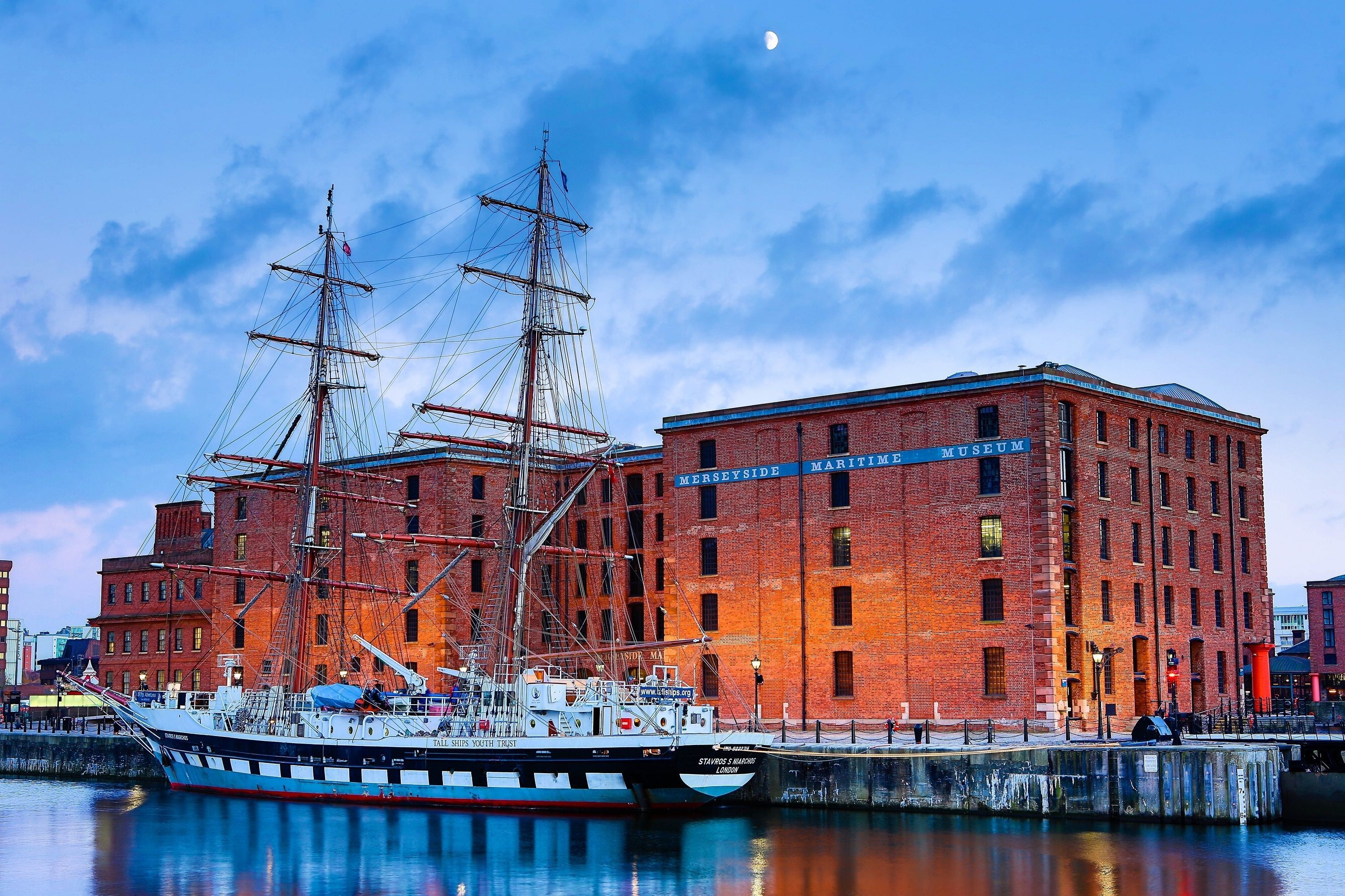Marine park, peatlands and slavery museum receive share of £50m funding
The projects aim to protect UK heritage

The UK’s first marine park, along with Liverpool’s International Slavery museum, a project to preserve the Cairngorms landscape and an experiment into so-called “wet farming” are among five schemes to receive a share of £50m funding.
The country’s last surviving winter gardens, located in Great Yarmouth, will also receive a portion of the funding so as to save them from permanent loss.
The grants have been awarded as part of the National Lottery Heritage Fund’s Heritage Horizon Awards to three environmental projects and two heritage schemes in total. They aim to protect UK heritage by supporting ambitious, innovative and transformational projects.
The chief executive of the National Lottery Heritage Fund, Ros Kerslake, said that the awards followed a year in which the organisation had been focused on supporting heritage during the pandemic.
She said: “The pandemic has shown us all clearly what matters to us, particularly in relation to nature and climate change.
“This is a major priority for us as an organisation, and three of these projects will be transformational for the green environment.
“All five share qualities of huge ambition, significant collaboration and the prospect of life-changing benefits for people and places deserving of support from the National Lottery.”
Culture minister Caroline Dinenage called the projects “ambition” and “exciting,” saying: “These hugely ambitious, exciting projects are not only protecting and preserving vital local heritage, but are also creating jobs, supporting local communities and helping us to build back better from the pandemic.”
The projects which will receive the awards are:
Cairngorms 2030 which is a scheme attempting to tackle the climate and nature crises in the UK’s largest national park which can be found located in the Scottish Highlands.
The scheme will be community-led and is set to include outdoor health programmes along with a nature-based dementia centre. The scheme will also focus on measures such as woodland expansion, peatland restoration, nature-friendly farming and sustainable transport.
Peatland progress, which will receive more than £8 million for a project to store carbon in the peat soils in the fens in East Anglia. It will be run by the Wildlife Trust for Bedfordshire, Cambridgeshire and Northamptonshire and focus on wet farming to keep carbon locked in the peat soils, as well as improving water quality.
Plymouth Sound National Marine Park which will be the UK’s first national marine park. The park will be located in an area which hosts the largest naval base in Europe, as well as seagrass beds and over 1,000 species of fish and other marine creatures.
The project aims to engage the city of Plymouth and tackle the impacts of climate change on the area and its wildlife. It will include a new welcome centre at the National Marine Aquarium, as well as a scheme to look into how seagrass can function as a carbon, more jobs, and the development of “blue” enterprises.
The International Slavery Museum is set to recieve a grant and it is hoped that £9.9 million will transform and extend the existing collections and galleries of the museum, which is currently to be found within Liverpool’s Maritime Museum.
The Dr Martin Luther King Jr building and visitors will be able to explore the nearby Canning Docks, as part of a wider waterfront transformation project.
The museum will celebrate black achievement and intends to work together with the local community and those affected by the legacies of both transatlantic and modern slavery.
The Great Yarmouth Winter Gardens will also receive a grant to help preserve and repair the country’s only surviving seaside cast iron and glass winter gardens.
It is hoped that the funding will make the gardens a year-round free attraction. It will also create more than 90 jobs, and feature new planting to reflect the history of the town’s global trading links. There will also be galleries, viewing areas and an education space.
Subscribe to Independent Premium to bookmark this article
Want to bookmark your favourite articles and stories to read or reference later? Start your Independent Premium subscription today.

Join our commenting forum
Join thought-provoking conversations, follow other Independent readers and see their replies